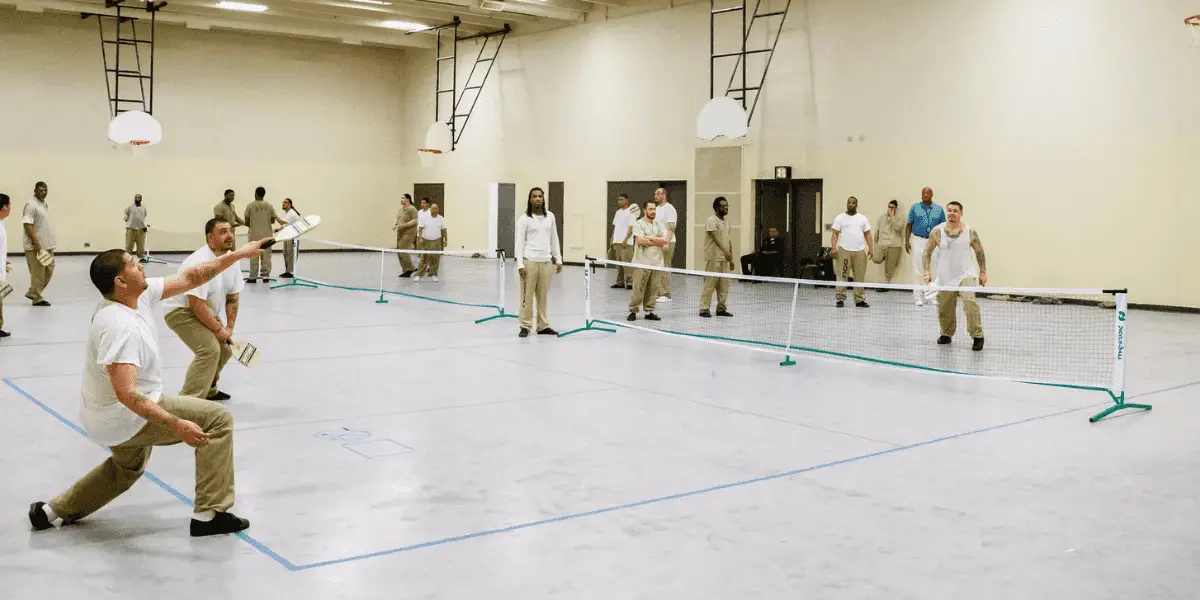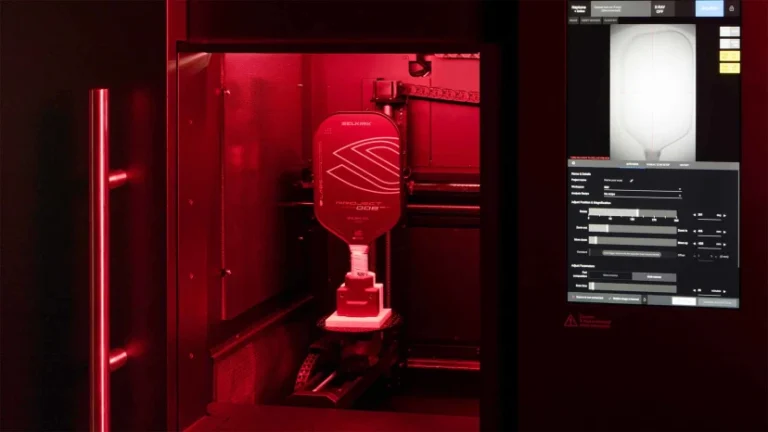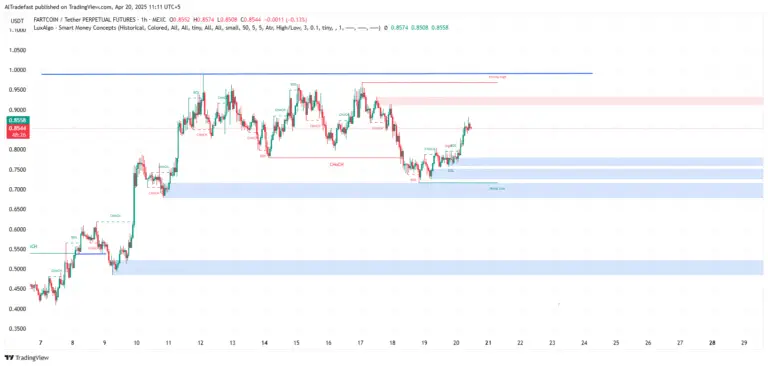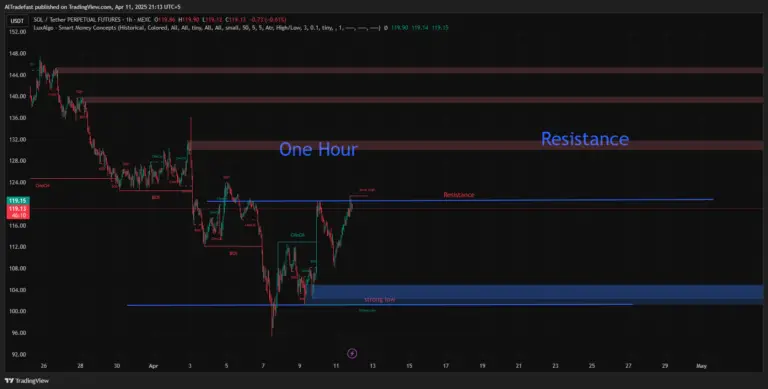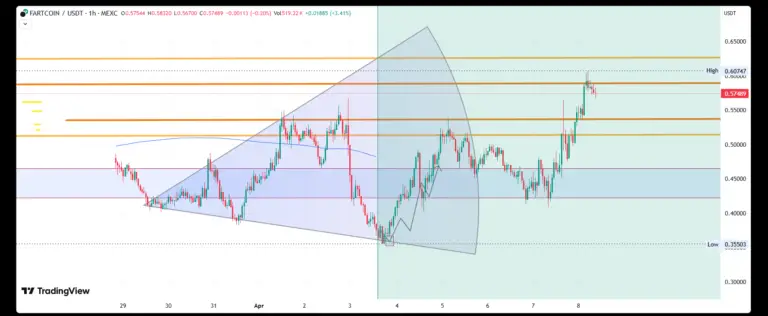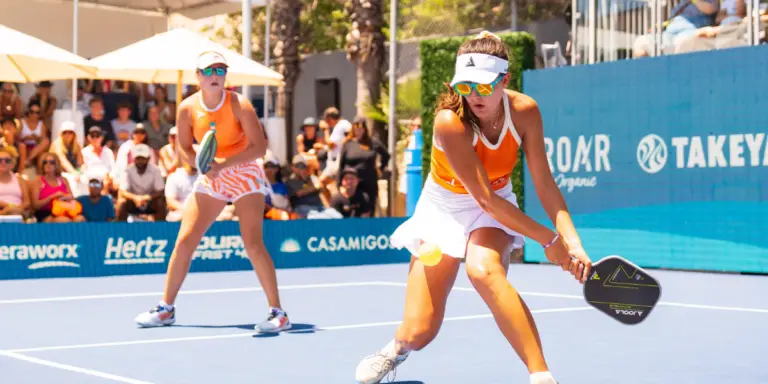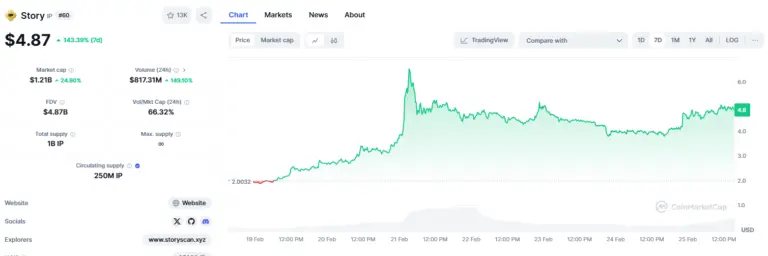Pickleball, the fastest-growing sport in the United States, is gaining popularity across all segments of society. In California, a prison has introduced the sport as a tool for fostering community and supporting prisoner rehabilitation during their incarceration, preparing them for eventual reintegration into society.
Pickleball, a sport rapidly gaining global popularity, is making its mark from the United States to India and beyond. Since the launch of the Pickleball World Ranking (PWR) earlier this year, the game has seen exponential growth at the professional level, drawing participants from all age groups.
Beyond its recreational appeal, pickleball is now being used as a transformative tool in surprising ways. According to a report by NBC News, San Quentin State Prison in California—infamous for housing individuals convicted of severe crimes such as murder, drug trafficking, and assault—is harnessing the sport to foster rehabilitation and build community among inmates.
San Quentin’s efforts are part of a broader strategy to address a troubling statistic: while 95% of the prison’s population will eventually be released, 65% are rearrested. To break this cycle, the prison has introduced programs like filmmaking, podcasting, and pickleball, recognizing the critical need for rehabilitation.
“These men will eventually be your neighbors. Do you want to lock them up for 10 years, treat them poorly, and then one day let them out? Knowing they were burglars and robbers, what will they do after a decade confined to a cell?” a prison official shared with NBC, emphasizing the importance of meaningful reform.
Pickleball, in particular, is reshaping inmate interactions and perceptions. Rival gang members and even wardens are setting aside differences to play, fostering an atmosphere of camaraderie and mutual respect.
One inmate, reflecting on his newfound participation, remarked, “My whole incarceration, I avoided sports because they often lead to conflict and violence. Pickleball has changed that for me.”
The sport is proving to be more than just a game—it’s a lifeline for hope, connection, and second chances.
Another prisoner shared how pickleball has transformed his perspective, allowing him to see the human side of his fellow inmates.
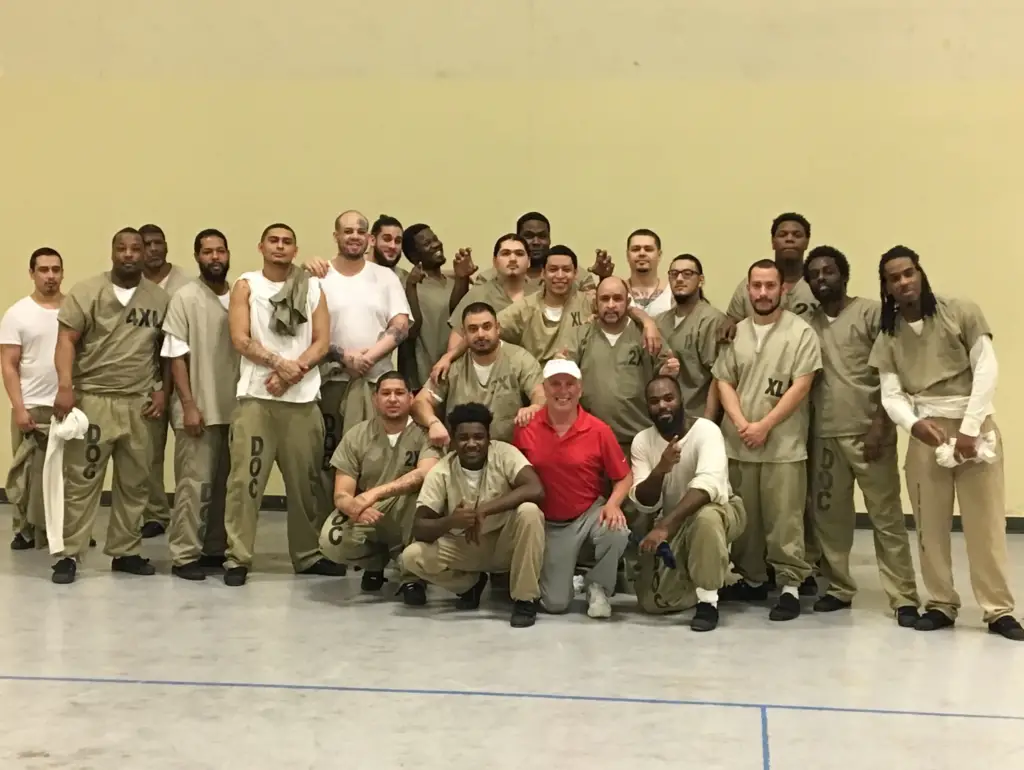
This shift in mindset is a testament to the work of pickleball coach Roger Belair, who has been teaching the sport in prisons across the United States since 2017. Belair has visited 40 prisons across 11 states, driven by a mission to bring positive change through the game.
“Pickleball is a sport you can learn after breakfast, and by lunchtime, you’re pretty good,” Belair explained, highlighting the sport’s simplicity and accessibility, which make it an ideal tool for fostering connection and rehabilitation.
Through pickleball, inmates are not just learning a new skill—they’re rebuilding trust, breaking down barriers, and discovering a sense of community that often feels out of reach within prison walls.
